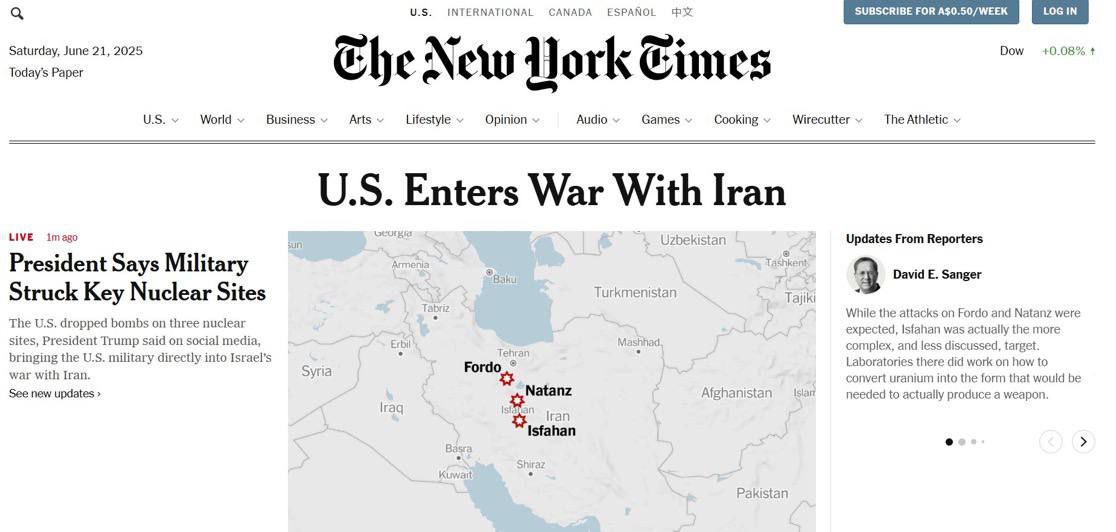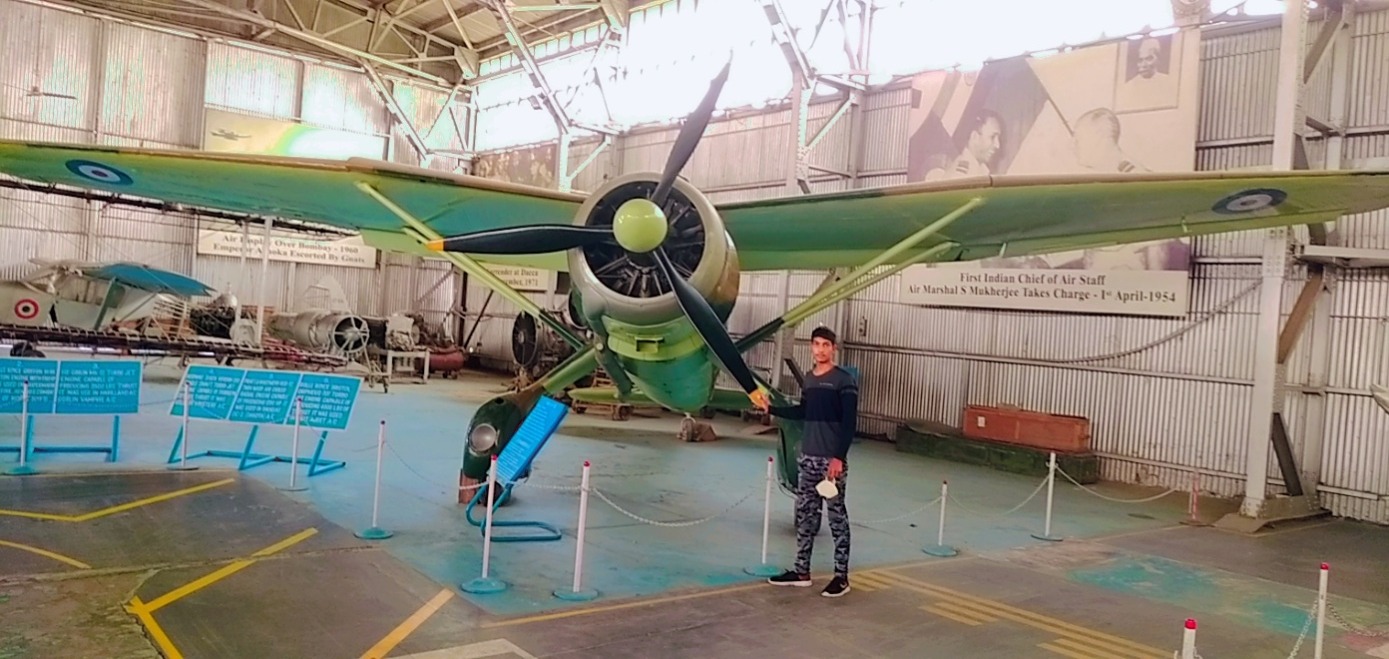BATCHES START EVERY 1ST & 15TH of month. Referred articles were published in The Hindu.
1. For the Sake of Proliferation, at the Cost of War
- Iran's Nuclear Ambitions and NPT Violation:
- Iran's nuclear program has continued for decades, with four cycles of activity leading to the production of nuclear weapons.
- Safeguards violations and non-compliance with the NPT (Treaty on the Non-Proliferation of Nuclear Weapons) have been documented since 2002.
- Abdollahi Khoumeini reportedly stated Iran would have nuclear weapons by 1979.
- Iran's uranium enrichment program at Natanz and Fordow is a key concern.
- The IAEA concluded in 2006 that Iran failed to halt proliferation-related activities.
- Iran has been criticized for evasiveness and obfuscation regarding its nuclear activities.
- The JCPOA (Joint Comprehensive Plan of Action), signed in 2015, aimed to restrict Iran's nuclear program in exchange for sanctions relief. However, Iran has since violated the agreement.
- President Masoud Pezeshkian is cited as saying Iran is not seeking nuclear weapons, but its current actions suggest otherwise.
- International Reactions and Consequences:
- The international community has expressed "extraordinary events" related to Iran's nuclear program.
- The UN Security Council plays a role in managing concerns about Iran's nuclear activities.
- The situation today remains fluid and dangerous, with potential for military action if Iran's non-compliance continues.
- Sanctions have been applied to Iran due to its nuclear program, and the U.S. under President Donald Trump withdrew from the JCPOA.
- European nations have expressed concerns about Iran's nuclear ambitions.
- Monitoring efforts have intensified, with calls for more transparency from Iran.
2. A Dire Strait - Strait of Hormuz Significance:
- The Strait of Hormuz is a crucial choke point for global oil trade.
- Less than 100 km wide, it separates the Persian Gulf from the Arabian Sea and Gulf of Oman.
- Approximately one-fifth of the world's total oil supply passes through this strait, which is about 20 million barrels per day.
- It is vital for the export of oil and natural gas from Persian Gulf nations like Saudi Arabia, Iraq, Kuwait, Qatar, and the UAE.
- India relies heavily on the Strait of Hormuz for its oil imports, with 40% of its crude oil and 60% of its liquefied natural gas transiting through it.
- Threats and Disruptions:
- Iran has repeatedly threatened to shut down the Strait of Hormuz.
- There have been cargo ship attacks and seizure of vessels in the Gulf, attributed to Iranian forces.
- Mine attacks on tankers, including the British-flagged Stena Impero, have occurred.
- Drone attacks and missile strikes have increased tensions.
- The Houthi attacks in the Red Sea have also impacted shipping routes.
- Oil prices have fluctuated in response to these tensions.
- Alternative sea routes and pipelines are being explored, but they are not always convenient.
- Economic Impact:
- A significant decline in the volume of oil shipped through the Strait has been observed since 2023.
- OPEC+ policies have contributed to cuts in crude oil production.
- The U.S. Energy Information Administration reported a substantial volume of crude oil and allied products transiting the Strait.
- India has experienced volatile energy prices due to disruptions.
3. How will Israel-Iran conflict impact India? - Escalation in the Middle East:
- The Israel-Iran conflict is escalating, with direct military engagements.
- Iran launched missiles and drones at Israel on June 13, following an Israeli attack on Iran's consulate in Damascus.
- The conflict involves proxies and regional players, including Hezbollah and other armed groups.
- The situation is creating "new normal" of instability and calls for a "never-before-seen" response.
- India's Position and Concerns:
- India has deep historical ties with both Iran and Israel.
- India has urged for de-escalation and diplomacy.
- The conflict poses a challenge to India's energy security, as 40-50% of its energy imports come from the Middle East.
- Oil and LNG prices are under pressure, impacting India's economy.
- India's economic relations with Iran have declined, with bilateral trade dropping from $31.4 billion to $2.75 billion in the last year.
- Iran's economy has faced sanctions, impacting its ability to export oil.
- India's economic relations with the Gulf region are strong, with significant investments and trade.
- Geopolitical Impact on India:
- The conflict could affect India's access to strategic corridors, including the IMEC (India-Middle East-Europe Economic Corridor).
- India maintains strong ties with Gulf countries like Saudi Arabia and the UAE.
- India is part of the BRICS grouping, which includes Iran and other regional players.
- The US President Donald Trump is mentioned in the context of diplomacy and the challenges of brokering peace.
- There are concerns about the safety of Indian expatriates in the region.

The US–Iran conflict has sharply escalated in recent days, drawing global attention and concern. Here's a concise overview of the latest developments:
🔥 Current Situation
- US Airstrikes on Iran: The United States has conducted airstrikes on three Iranian nuclear sites—Fordow, Natanz, and Isfahan—marking a significant escalation in the ongoing Israel–Iran conflict.
- Casualties: Reports indicate over 430 people have been killed and more than 3,500 injured in Iranian territories due to Israeli strikes. Meanwhile, 24 deaths have occurred in Israel following retaliatory missile attacks.
- Nuclear Risk: Radiological and chemical contamination has been reported at several Iranian nuclear facilities, though no immediate public radiation hazard has been confirmed.
🛑 Diplomatic Breakdown- A recent summit between Iran and European leaders failed to produce a breakthrough. Iran maintains it will not negotiate while Israeli attacks continue.
- Tehran has warned of a firm response if the US intensifies its involvement, accusing it of deepening the conflict.
🇮🇳 India’s Response – Operation Sindhu- India has initiated Operation Sindhu to evacuate its nationals from Iran. Over 500 Indian citizens, including students and pilgrims, have been safely brought home via special flights.
- Iran opened its airspace to support these evacuations, signaling the gravity of the humanitarian situation.
NEWS IN SHORTS
1. What's the biggest challenge in DNA analysis?
This article discusses the complexities and challenges in DNA profiling, particularly regarding sample quality, data interpretation, and potential for contamination. It highlights the importance of short tandem repeats (STRs) in DNA analysis and the need for robust protocols and trained experts. The article also touches upon the use of advanced computerised systems and the ongoing efforts to standardise and improve forensic DNA analysis, ensuring reliability and accuracy in identifying individuals from biological samples, even in challenging scenarios like mass disasters.
2. Israel Nuclear Facility Hit as Israel Continues Bombing
This news piece reports on an alleged Israeli attack on an Iranian nuclear research facility, with Iran launching missiles as a retaliatory measure. The International Atomic Energy Agency (IAEA) confirmed an attack on Iran's nuclear sites. This escalation comes amidst ongoing regional tensions, with Israel's actions perceived as a move to counter Iran's nuclear ambitions. The article suggests a prolonged campaign of attacks and countermeasures, highlighting the volatile situation in the Middle East and the international concerns surrounding the nuclear programs in the region.
3. DGCA Orders Action Against 3 AI Officials Over 'Systemic Failures' in Managing Pilots
The Directorate-General of Civil Aviation (DGCA) has ordered action against three Air India officials due to "systemic failures" and "multiple violations" related to pilot management and licensing requirements. The report highlights instances of pilots exceeding flight duty time and lapses in medical examinations, which led to the DGCA's intervention. This move underscores the regulator's commitment to ensuring flight safety and adherence to aviation norms, emphasizing the need for stricter oversight and accountability within airlines to prevent such systemic issues.
4. Outward Investment Boom Amid External Enthusiasm, Internal Caution in Indian Industry
This editorial discusses India's growing outward investment, driven by external enthusiasm despite internal caution within the Indian industry. It highlights the significant increase in Indian companies investing abroad, with the US and Singapore being major destinations. The article suggests that while some sectors, like IT and electronics, are keen on global expansion, others remain hesitant due to domestic challenges. It also touches upon the government's role in facilitating these investments and the need for policy reforms to further boost India's global economic presence.
5. Yoga Should Guide the World from Stress to Solutions: Modi
Prime Minister Narendra Modi, speaking at the 11th International Day of Yoga celebrations in Visakhapatnam, emphasized Yoga's role in guiding the world from stress to solutions. He highlighted Yoga as a path to inner peace, environmental harmony, and global well-being, advocating for its adoption beyond physical exercise. Modi reiterated the theme of "Yoga for humanity," promoting it as a universal practice that fosters unity, resilience, and a holistic approach to life, contributing to a healthier and more peaceful world.
6. India Not a Magnet for Global Science, Says Ramakrishnan
Nobel laureate Venkatraman Ramakrishnan states that India is not a "magnet for global science," citing low public and private funding, inadequate research infrastructure, and bureaucratic hurdles. He highlights that despite some improvements, India lags in attracting international talent and retaining its own scientists who often seek opportunities abroad. Ramakrishnan emphasizes the need for increased investment in basic research, improved facilities, and a more supportive ecosystem to foster scientific excellence and make India a competitive hub for global scientific advancements.
7. No 90M This Time But Neeraj Attempts Weber For The Title
Olympic gold medalist Neeraj Chopra clinched his first Diamond League title in two years with a throw of 88.66m, showcasing his dominance in javelin. Despite not hitting the 90m mark this time, his performance secured him the win against formidable competitors, including Julian Weber. The article details his throws and strategic decisions during the event, highlighting his consistent performance and preparation for upcoming competitions. This victory solidifies Chopra's position as a leading javelin thrower globally and sets the stage for future achievements.
8. India to Set Up Integrated Rare-Blood Donor Registry with e-Rakt Kosh
India is integrating a national rare-blood donor registry with the e-Rakt Kosh online platform to centralize blood bank management and availability. This initiative aims to streamline the process of finding rare blood types, crucial for patients with conditions like hemophilia and sickle cell anemia. The project will connect blood banks nationwide, improving efficiency and access to rare blood. The article emphasizes the need for more registered donors and the role of technology in enhancing blood transfusion services, ensuring timely access to life-saving blood for those in need.

